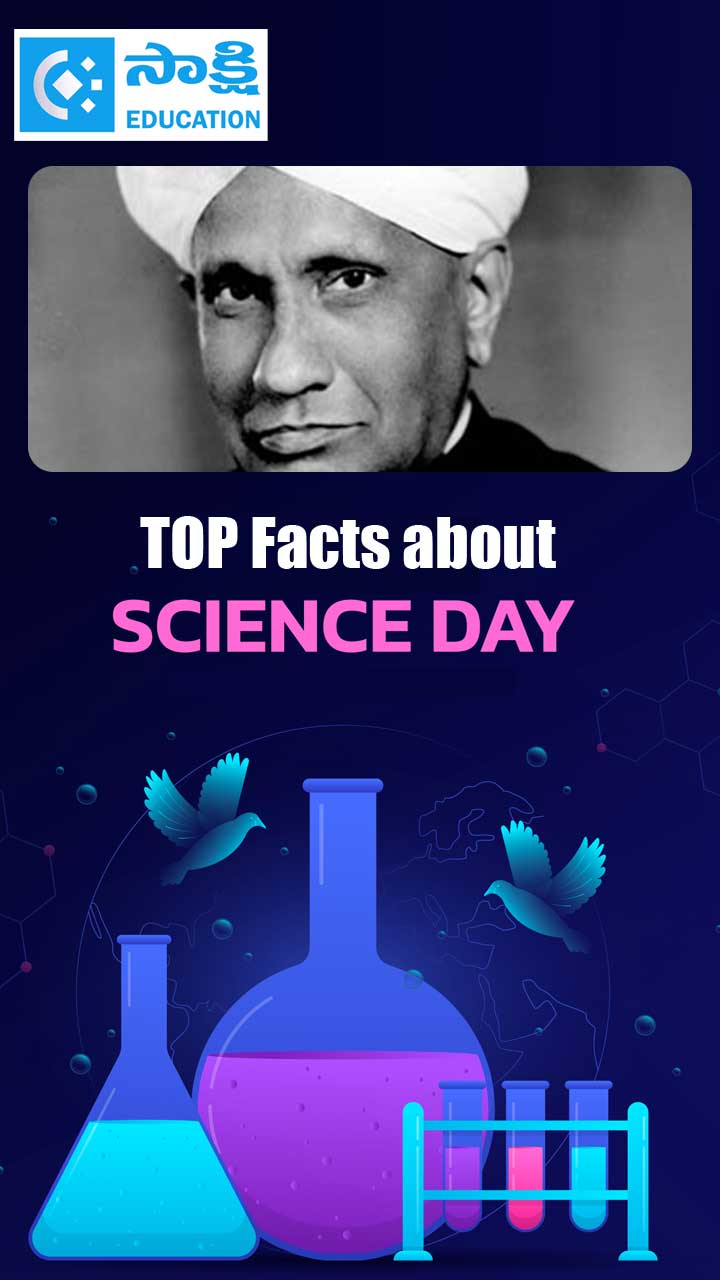Idioms & Phrases
Sakshi Education
An idiom is a term or phrase whose meaning cannot be inferred from the dictionary definitions and the arrangement of its elements, but instead refers to a figurative meaning that is known only through conventional use.
Most students, for whom English is not a native language, confront difficulties in competitive exams, like the bank exams, due to surprise elements like idioms. Idioms are manners of communication which are natural to the native speakers of a particular language. In the modern world, it is difficult to converse without idioms.
Here is a list of 'idioms and phrases' that have appeared in various bank exams earlier. The meanings and usage of these idioms and phrases are provided below, so that you may find them helpful in your preparation for the bank exams.
Here is a list of 'idioms and phrases' that have appeared in various bank exams earlier. The meanings and usage of these idioms and phrases are provided below, so that you may find them helpful in your preparation for the bank exams.
- By leaps and bounds = Very rapidly
India has progressed by leaps and bounds in many fields since independence.
- Turn a deaf ear = to refuse to listen
Rajesh always turns a deaf ear to his elder brother's advice. Idioms & Phrases
- To be in doldrums = to be in low spirits; quiet or depressed.
After the attack on WTC towers, the global economy was in doldrums.
- A feather in one's cap=a distinction;honour
Winning the World Chess Championship title was a feather in Vishwanathan Anand's cap.
- Beat about the bush= to express one's me-aning in a round-about/indirect way. Shi-lpa Shetty was beating about the bush when asked about her age in an interview.
- To carry or wear one's heart on one's sleeve = to expose one's innermost thoughts and feelings to others.
Vidhya's life is an open book, for he always wears his heart on his sleeve.
- Rack one's brains = subject one's mind to hard thinking.
Sawon racked his brains in the exam, trying to recollect the answer.
- With a high hand = oppressively, arrogan-tly, or imperiously.
Managers in most companies act with a high hand and never value the suggestions of their subordinates.
- To turn over a new leaf = to begin a different mode of life; to reform oneself.
After realizing his mistakes, Rohan wanted to turn over a new leaf and make everyone proud of him!
- To call a spade a spade = to be outspoken; to speak in plain terms; to speak without mincing words.
Not many in this world have the guts to call a spade a spade, for most of them are either hypocritical or diplomatic.
- To make neither head nor tail of = to fail to understand the meaning of a statement or talk.
Omprakash could make neither head nor tail of what the teacher was explaining in the class.
- To feather one's nest = to make money illegally.
Most people enter politics with the sole purpose of feathering their own nest.
- Make no bones = not to hesitate.
Those in high positions make no bones about swindling public money.
- Keep open house = to be generous and hospitable to everyone.
One who keeps open house will always have a wide circle of friends and acquaintances.
- To make clean breast of = to confess witho-ut reserve what has long been kept a secret
When the CBI authorities probed Ramalin-ga Raju, he was forced to make a clean breast of the Satyam scam.
- To end in smoke = to fail; to come to no practical result.
Bob Woolmer's efforts to expose the faces behind the match-fixing scandals ended in smoke, when he died suddenly.
- To leave someone in the lurch = to desert someone in his difficulties; to leave in a helpless condition.
Dishonest persons never hesitate to leave their friends in the lurch.
- To cry wolf = to give false alarm; to give warning of an imaginary danger.
Few anti-social elements always cry wolf to destabilize the country's peace and harmony.
- A man of straw = a man of no substance; man of no status or financial stability.
Uzma's friend told her that she will never be happy in life if she marries a man of straw.
- To smell a rat = to be suspicious; to detect something wrong.
Although it was declared that Bob Woolm-er died a natural death in mysterious circu-mstances, many still continue to smell a rat.
- To have an axe to grind = to serve one's private/personal end.
Beware of the people who flatter you excessively, for they usually have an axe to grind.
- To eke out = to earn a living; to make.
Many writers and teachers in India struggle to eke out a living.
- To be above board = absolutely fair and straight.
Most people think that one cannot succeed in business if one is above board.
- A black sheep = one who has a bad reput-ation in a company of people; a scoundrel
There is a black sheep in every communi-ty and society.
- To catch a Tartar = to fight an enemy who proves too strong.
In attacking Russia, Hitler found that he had only caught a Tartar.
- To pick holes = to find fault with.
Many people find it easier to pick holes in others' conduct than rectifying their own misconduct.
- To hit the nail on the head = to touch the exact point in question.
My friend, Santosh Krishnan, hit the nail on the head when he said that 'attitude determines altitude.'
- To drive home = to emphasize.
Swathi tried to drive home the point that not all women are bad.
- To be between the devil and the deep sea = to be faced with two equally dangerous situations.
With two wives, Sreehari felt he was ca-ught between the devil and the deep sea.
- Dog in the manger = a selfish person; one who prevents others from using/enjoying what is useless to him.
The house owner proved to be a dog in the manger as he did not permit anyone to oc-cupy his house, though it was lying vacant.
- Every dog has his day = sooner or later, everyone has his share of good fortune, however short-lived it may be.
Ajay warned his friend not to behave so arrogantly, as every dog has his day.
- Dutch courage = artificial courage gained by drinking alcohol.
Srinivas said he did not require any Dutch courage to talk to his prospective father-in-law about his marriage.
- To put all one's eggs in one basket = to risk all of one's money in a single venture.
Harshita was wise enough to invest her money in several financial schemes and not to put all her eggs in one basket.
- At the eleventh hour = at the last moment.
Shyam complained that his boss always asked him for some critical information at the eleventh hour.
- A white elephant = a luxury which is extremely expensive to maintain.
Many husbands feel that their wives are becoming white elephants in the twenty-first century.
- To make both ends meet = to keep expenses within one's income; to live within one's means; to keep out of debt.
Daily labourers in India find it hard to make both ends meet.
- A fish out of water = a person out of his element.
Ravi, being a teetotaller, feels like a fish out of water whenever the conversation veers around alcoholic drinks.
- Out of the frying pan into the fire = to fall into a greater difficulty in trying to escape from the smaller one; come out of a bad position and get into a worse.
Raju felt out of the frying pan into the fire when he was accused of embezzlement in his company, two days after losing his job.
- A wild goose chase = a vain attempt.
The great philosophers feel that the pursuit of happiness in life is a wild goose chase.
- To die in harness = to die while still engaged in active work.
Vijay told his friend that he always wished to die in harness.
- To make hay while the sun shines= to take full advantage of a favourable opportunity
The politician made hay while the sun shone, as he fully utilized his position and garnered money for his posterity.
- To kiss/bite the dust = to be defeated in battle; fall wounded or slain.
Achilles warned his opponent to either yield to his wishes, or bite the dust in the battle.
- To move heaven and earth = to exert all efforts.
Dipti moved heaven and earth to prove that her husband was innocent.
- The proof of the pudding is in eating = the real worth of a thing is known only when it is tried or tasted.
Everyone says that marriage brings a sense of added responsibility in our lives. Howe-ver, the proof of the pudding is in eating.
- Pyrrhic victory = victory gained at too gre-at a cost;a victory that is as costly as defeat.
The battle of the Mahabharata proved to be a pyrrhic victory for the Pandavas.
Published date : 12 Jan 2011 02:18PM









